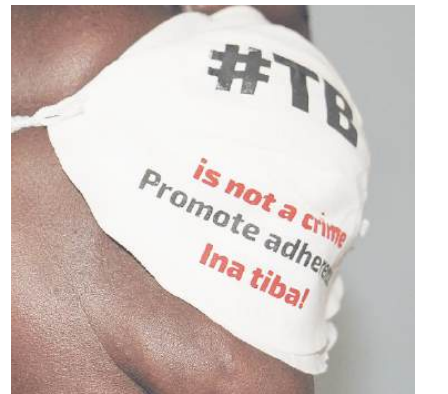

Communities must take center stage in the global response to drug-resistant tuberculosis, lobbies have urged.
They said while collaborative work between researchers and donors is crucial in combating DR-TB, local communities have often been left out in the crucial stages.
The lobbies, during a three-day conference hosted by Kenya Legal and Ethical Issues Network on HIV (Kelin) last month, committed to placing communities at the forefront of efforts to end DR-TB and hold partners accountable for coordinated, cross-sector collaboration.
As the lead organisation in the consortium, Kelin pledged continued support to ensure alignment among partners and a unified vision.
Funded by Unitaid, the Combat DR-TB Project is a three-year, Global South-led initiative that seeks to shift the global DR-TB response away from top-down models and towards community-led action.
Partners from across Africa, Eastern Europe and Central Asia met in Mombasa to chart that path forward.
They included TB Network (Nigeria), the Network of TB Champions (Kenya), Jointed Hands (Zimbabwe), TB Europe Coalition and the Global Health Policy Partnership (GHPP).
“Ending DR-TB is not just a medical challenge, it’s a justice issue and communities are the game changers," Allan Maleche, Kelin’s executive director said.
The project’s approach is rooted in six strategic pillars: strengthening access to medicines and diagnostics, building grassroots capacity, advocating for national policy reforms, supporting incarcerated populations, engaging global health institutions and developing robust accountability tools.
Central to the discussion was how to dismantle long-standing barriers in the TB landscape — from inequitable pricing and patent restrictions to fragmented markets and licensing uncertainty.
Consortium members resolved to monitor and challenge price disparities, leverage demand forecasts to stabilise costs of new treatments like the BPaL/M regimen and push for transparent licensing — particularly for paediatric formulations.
The need to modernise TB diagnostics was another priority.
Delegates called for a shift from microscopy to molecular testing, from single-disease to multi-disease diagnostics and from facility-based to community- and home-based testing — all aimed at making detection faster, more accurate and more accessible.
With civil society and community networks driving the agenda, the Combat DR-TB Project hopes to set a new global standard: one where policy is informed by lived experience, and change is powered from the ground up.
Instant analysis
A bold pivot to community-led action marks a turning point in the fight against DR-TB. The Mombasa meeting sets the stage for a justice-driven, bottom-up global response.










